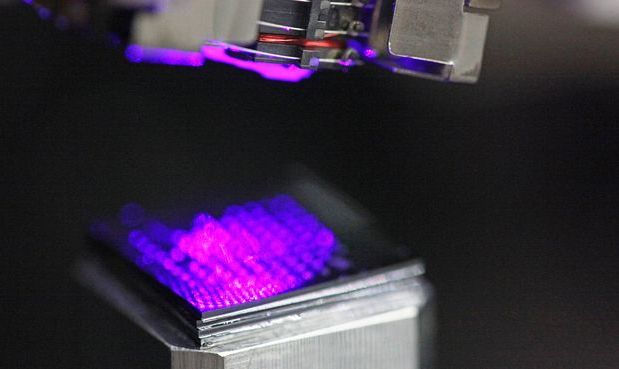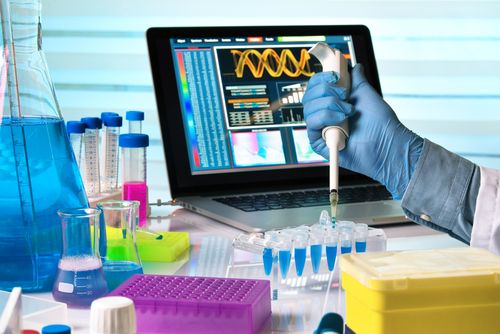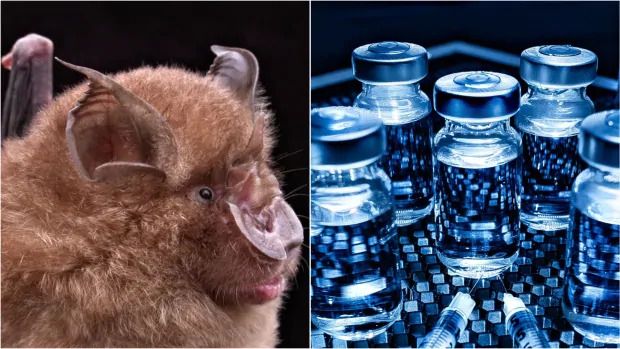Julian Huxley was part of the intellectual dynasty started by TH Huxley, and is more influenced by Buddhist ideas than Judeo-Christian. “T. H. Huxley was a paleontologist with a medical background who gained great prominence in the nineteenth century as one of the foremost defenders of Darwin’s evolutionary theory. Victorians were often inclined to see him as “the living embodiment of science militant,”(8) for Huxley actually clashed with contemporary defenders of Biblical supernaturalism in the name of science.(9) A very late product of his intellectual career, Evolution and Ethics (1893) shows him in a mellowed, reflective mood. The radical disjunction between the ethical and the cosmic processes such as is frequently highlighted here hardly squares with “orthodox” Darwinism; in fact Irvine has called Huxley’s effort in this context a “somewhat puzzling manoeuvre” that is “full of talk about Indian mysticism and of protest about the cruelties of evolution.”(10) Yet his overall treatment of his theme is not a matter that need concern us now.(11) What must be noted, on the other hand, is that in the course of his professed endeavor to inquire into the origin and the basis of ethical values from an evolutionary standpoint, Huxley indeed undertook a brief survey of the leading philosophies that had helped to form mankind’s conceptions of such values. He emphasized in this connection that India had engendered a distinctive outlook on life, and some of the ideas central to that outlook (as, for example, karman) actually made a notable impression on him. But it is upon a particular religion of Indian origin, namely Buddhism, that he chose to dwell at length and, I think, in a way that merits close attention.” Buddhism is” system which knows no God in the Western sense; which denies a soul to man; which counts the belief in immortality a blunder and hope of it a sin; which refuses any efficacy to prayer and sacrifice; which bids men look to nothing but their own efforts for salvation; which in its original purity, knew nothing of vows of obedience, abhorred intolerance, and never sought the aid of the secular arm; yet spread over a considerable moiety of the Old World with marvellous rapidity, and is still, with whatever base admixure of foreign superstitions, the dominant creed of a large fraction of mankind.”
A note on a Victorian evaluation and its “comparativist dimension” By Vijitha Rajapakse Philosophy East and West Volume 35, no. 3 (July 1985)
©by the University of Hawaii Press
British perceptions of Buddhism tended to be surprisingly vague during the early part of the nineteenth century. Even so reputed an “authority” on India at the time as James Mill, for example, does not appear to have known anything definite on the subject; his famous The History of British India (1818) incorporates some lengthy commentaries on India’s cultural and intellectual achievements, but save for a bare reference, Buddhism, significantly, escaped his consideration. Evidently, James Mill, to all intents and purposes, viewed India as home to a single indigenous religion, Hinduism.(1) These perceptions, however, changed in due course, thanks to the advance of Oriental scholarship, especially Western research on Buddhist textual sources.








